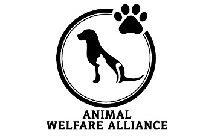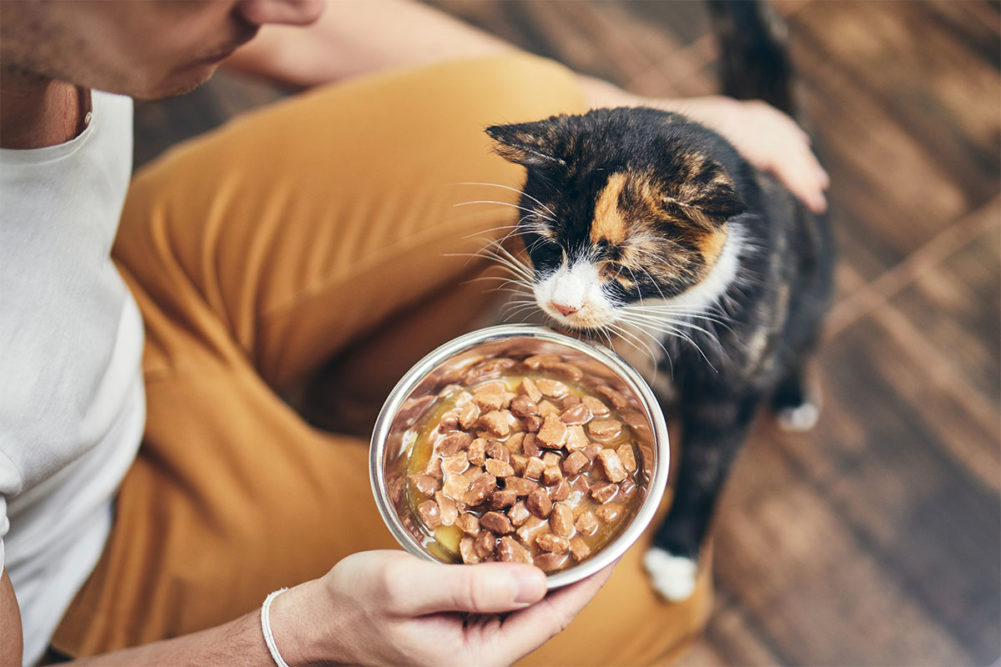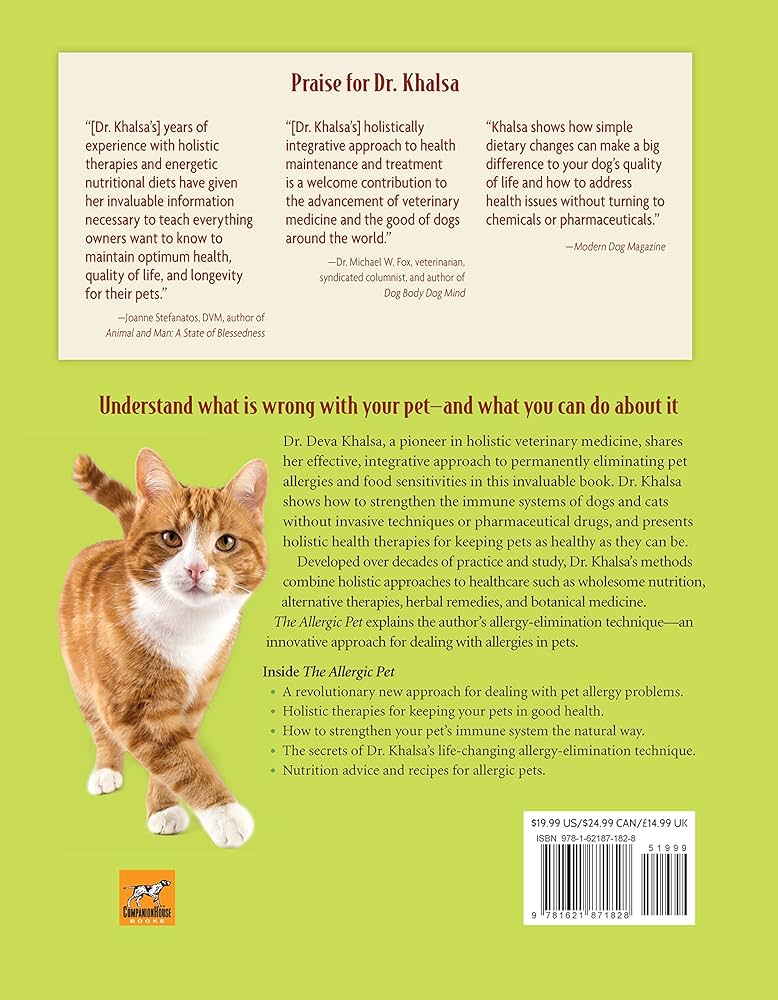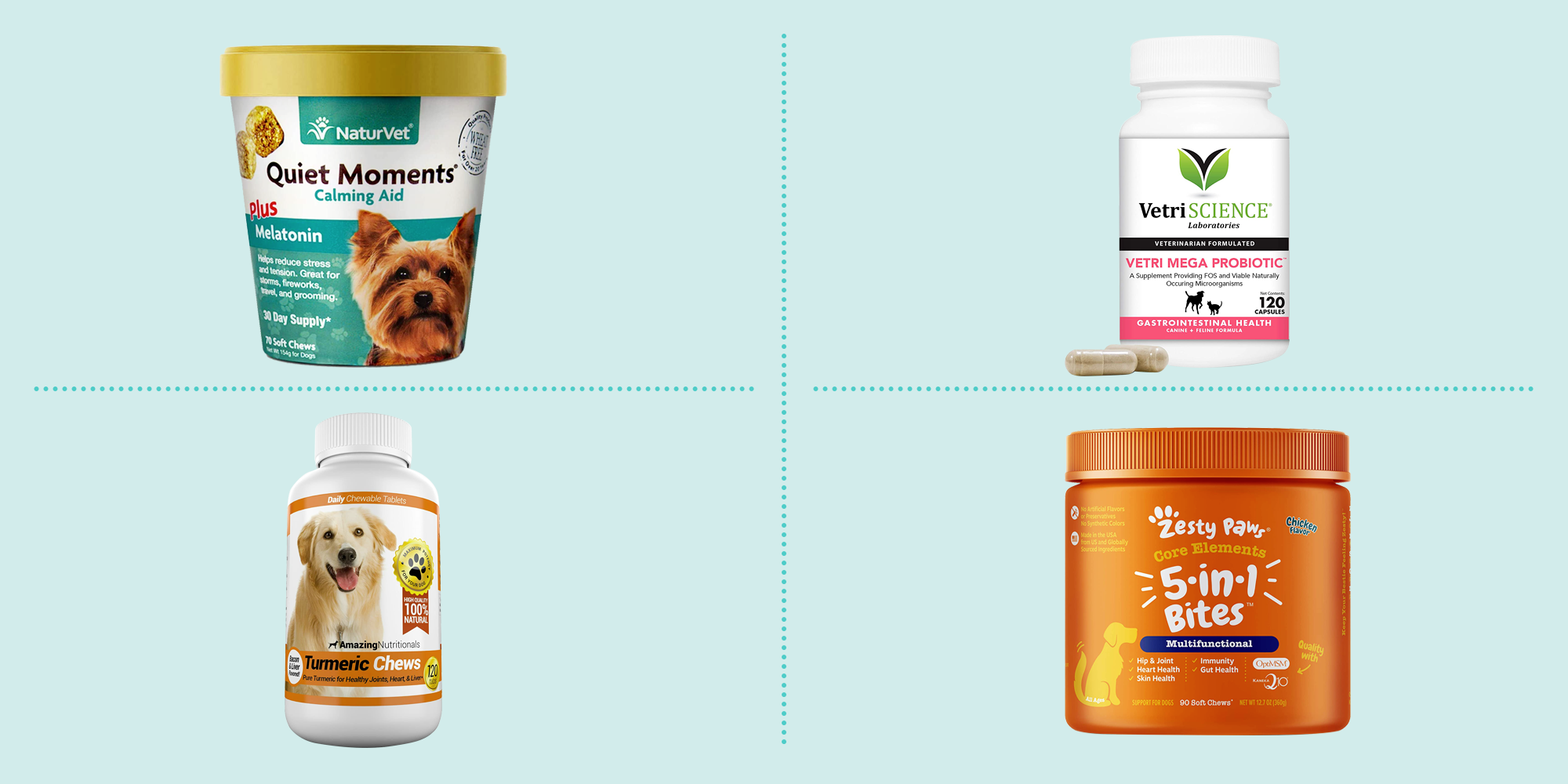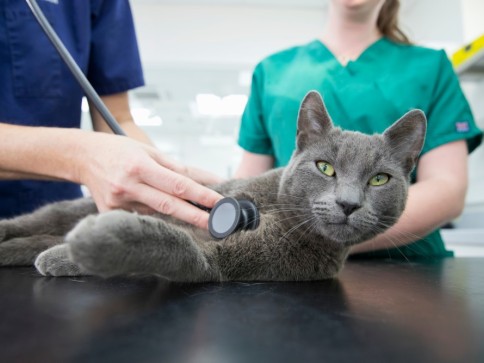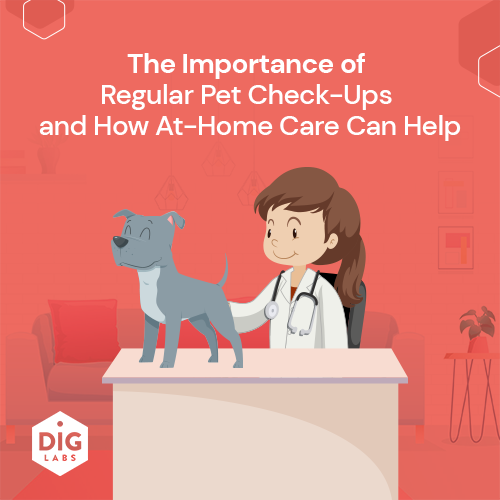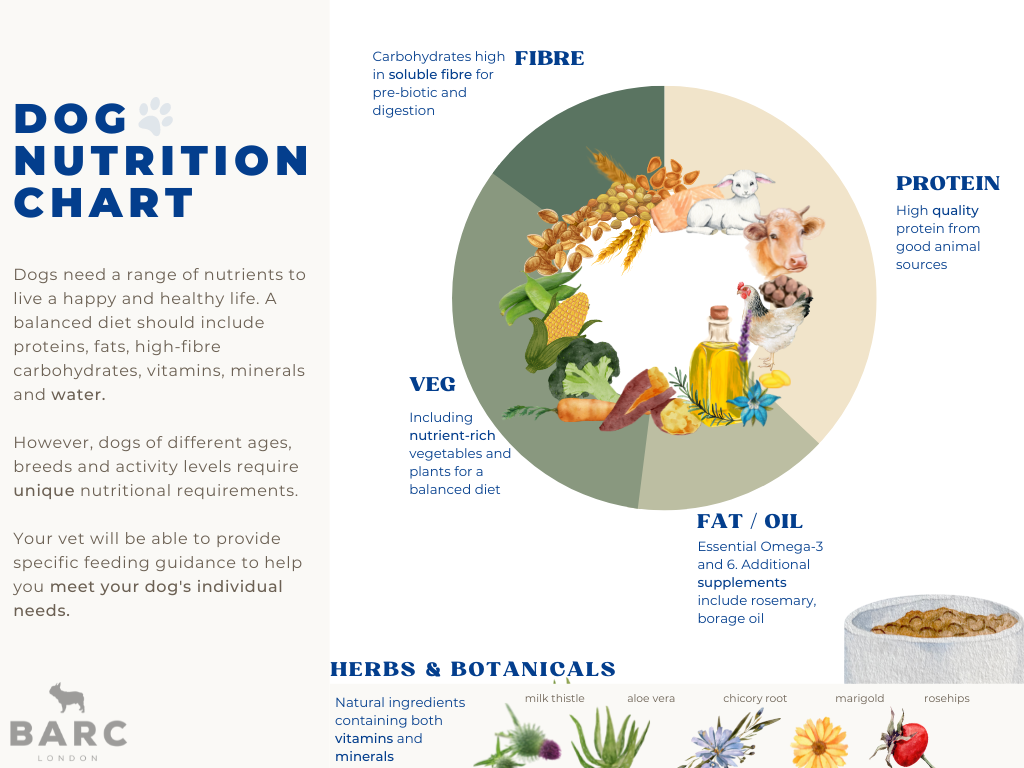Pet Health & Nutrition: Understanding the Basics of Pet Diet

Introduction
Proper nutrition is essential for the overall health and well-being of our beloved pets. Just like humans, pets require a balanced diet to thrive and maintain optimal health. However, understanding the basics of pet diet can be overwhelming for many pet owners. With so many options available in the market, it can be challenging to determine what is best for our furry friends. In this blog post, we will delve into the fundamentals of pet health and nutrition, providing you with valuable insights to ensure your pet receives the nutrition they need.
1. The Importance of a Balanced Diet for Pets
Just like humans, pets require a balanced diet to maintain good health and overall well-being. A proper diet ensures that pets receive the necessary nutrients, vitamins, and minerals to support their growth, energy levels, and immune system.
2. Essential Nutrients for Pets
There are several essential nutrients that pets need in their diet:
2.1 Proteins
Proteins are the building blocks of life and are crucial for pets. They help in muscle development, repair tissues, and support a healthy immune system. Good sources of protein for pets include meat, fish, eggs, and legumes.
2.2 Carbohydrates
Carbohydrates provide energy to pets and are an important part of their diet. Whole grains, fruits, and vegetables are excellent sources of carbohydrates for pets.
2.3 Fats
Fats are a concentrated source of energy and help in the absorption of fat-soluble vitamins. They also provide insulation and protect vital organs. Healthy fats can be found in fish, flaxseed, and certain oils.
2.4 Vitamins and Minerals
Vitamins and minerals are essential for various bodily functions and play a crucial role in maintaining a pet’s overall health. These can be obtained from a balanced diet that includes a variety of fruits, vegetables, and supplements if necessary.
3. Understanding Pet Food Labels
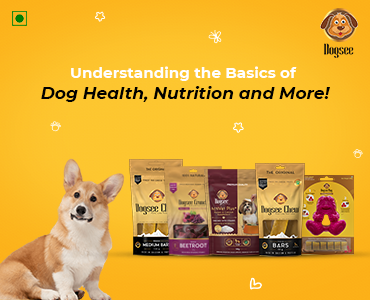
Reading pet food labels is essential to ensure that your pet is getting the right nutrition. Here are some key things to look for:
3.1 Ingredient List
Check the ingredient list to ensure that the primary ingredients are high-quality protein sources. Avoid foods that contain fillers, artificial additives, and by-products.
3.2 Guaranteed Analysis
The guaranteed analysis provides information about the minimum and maximum levels of nutrients in the food. Look for foods that meet the nutritional requirements for your pet’s age and breed.
Summary
Ensuring your pet’s diet is nutritionally balanced is crucial for their overall health and longevity. This blog post will guide you through the basics of pet health and nutrition, helping you make informed decisions about what to feed your furry friend. By understanding the importance of a balanced diet, the specific nutritional needs of different pets, and how to choose the right pet food, you can provide your pet with the best possible nutrition. Stay tuned for our upcomi look here ng posts, where we will explore specific dietary considerations for different types of pets and address common misconceptions about pet nutrition.
- Q: What should I feed my pet?
- A: It is important to provide a balanced diet for your pet. Consult with your veterinarian to determine the best type and amount of food for your specific pet.
- Q: How often should I feed my pet?
- A: The frequency of feeding depends on the age and species of your pet. Puppies and kittens usually require more frequent meals, while adult dogs and cats can be fed once or twice a day.
- Q: Can I give my pet table scraps?
- A: It is generally not recommended to feed your pet table scraps. Human food may contain ingredients that are harmful to pets, and it can also lead to obesity and other health issues.
- Q: Should I give my pet supplements?
- A: In most cases, a well-balanced pet food should provide all the necessary nutrients. However, if you have concerns about your pet’s health or specific dietary needs, consult with your veterinarian before giving any supplements.
- Q: How can I help my pet maintain a healthy weight?
- A: Regular exercise and portion control are key to maintaining a healthy weight for your pet. Avoid overfeeding and provide opportunities for physical activity to prevent obesity.
- Q: Can I change my pet’s diet?
- A: If you need to change your pet’s diet, it should be done gradually over a period of several days to avoid digestive upset. Mix small amounts of the new food with the old food, gradually increasing the proportion of the new food.
